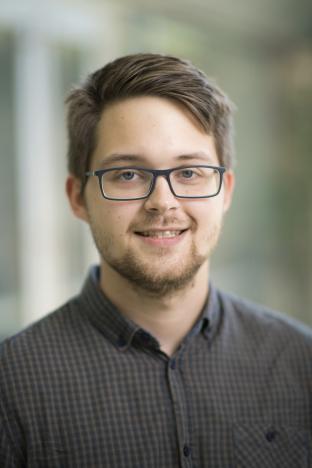Mary O’Riordan, Ph.D. is the Frederick C. Neidhardt Collegiate Professor of Microbiology and Immunology. She was also appointed Associate Dean for Graduate and Postdoctoral Studies in June 2015.
She received her undergraduate degree in biology from the University of Washington, Seattle, M.A. in molecular biology from Princeton University and her doctorate in immunology from the University of California, San Francisco. After completing a postdoctoral fellowship at the University of California, Berkeley, she joined the faculty at the University of Michigan as an assistant professor of microbiology and immunology in 2003 and was promoted to associate professor in 2010, and full professor in 2017.
Throughout her years on the faculty, Dr. O’Riordan has been active in the educational and research missions of the Medical School. In addition to teaching and mentoring, she has been a director for a number of graduate-level courses. She has been the thesis advisor for five graduate students and served on many dissertation committees. In 2013, she was inducted into the Medical School’s League of Educational Excellence and she also received the Endowment for Biological Sciences Teaching Award. Dr. O'Riordan was a founding member of the M-Cubed Executive Committee and serves in the University of Michigan Medical School Research Cabinet.


